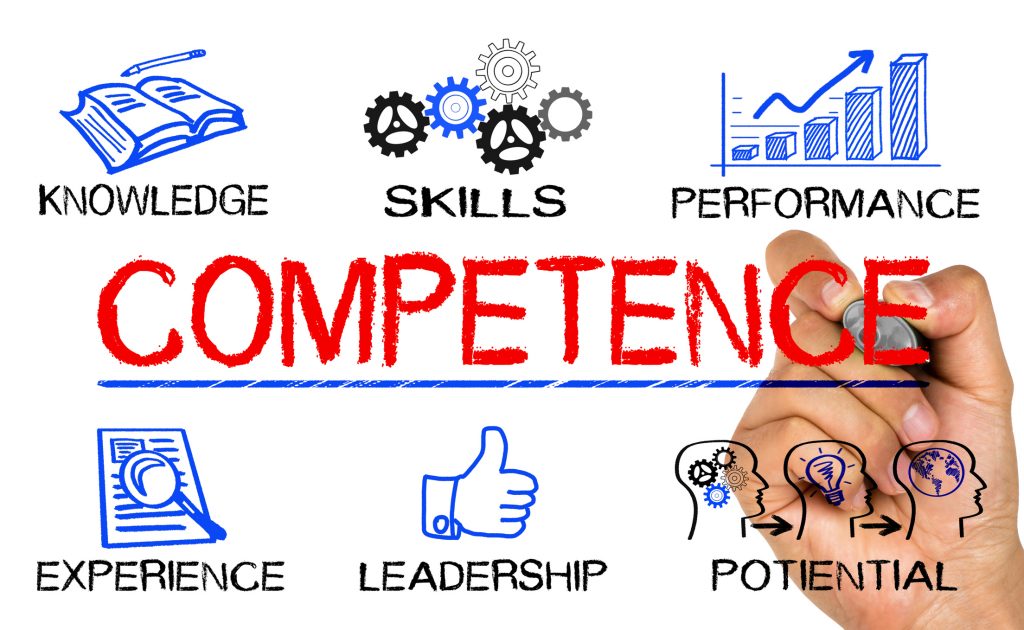Share and Help your Friends With Their Job Search!
It’s hard for job candidates to get honest feedback about how well they do on job interviews. Here are six frequently mentioned complaints recruiters and hiring managers have voiced over the years about the ways job seekers behave in their interviews.
1. Arriving late. Recruiters and hiring managers are tightly booked with appointments. When you arrive late for an interview, you upset their schedule and put them in a bad mood. No matter how valid your excuse is, it hard for them not to resent your tardiness. Give yourself extra time to get to your interview. No one ever lost out on a job by being early.
2. Not being prepared. It’s almost impossible for an interviewer to understand a candidate’s experience without a resume in hand to use as a guide. You may have sent in a resume in advance of your interview, but if the interviewer does not have it handy, you are the one who will suffer for it. Always bring extra resumes to your interviews, along with samples of your work, if relevant. Also bring pen and paper to take notes to show you are prepared.
3. Not knowing anything about the company. Hiring managers and recruiters expect you to thoroughly research the internet for information about their company. If the company produces a product pr a service, try it out if possible. If you want the company to show interest in you, you need to show interest in the company. Otherwise you will project indifference when you really want to do is to project enthusiasm.
4. Not asking questions. Interviewers are not happy when you make them do all the work to keep the conversation going. Use your research about the company to ask thoughtful questions that demonstrate your interest in the job.
5. Lying. Unless you are a professional con artist, don’t think you can get away with lying. Experienced interviewers can easily recognize when you try to make up facts or give vague response because you don’t know the answer to a question. Lying is the most unforgivable sin you can commit in an interview. On the other hand, you won’t get extra points for sharing negative information about your work history unless it’s in answer to a direct question.
6. Being rude. It’s easy to be rude unintentionally. No matter how casual the interviewer may be, they expect you to be on your best behavior and demonstrate your good manners, and that includes dressing appropriately. Don’t try to be witty or tell jokes: what you think is funny your interviewer may find offensive.
Avoid these six interview blunders and you will increase your chances of getting the job.


